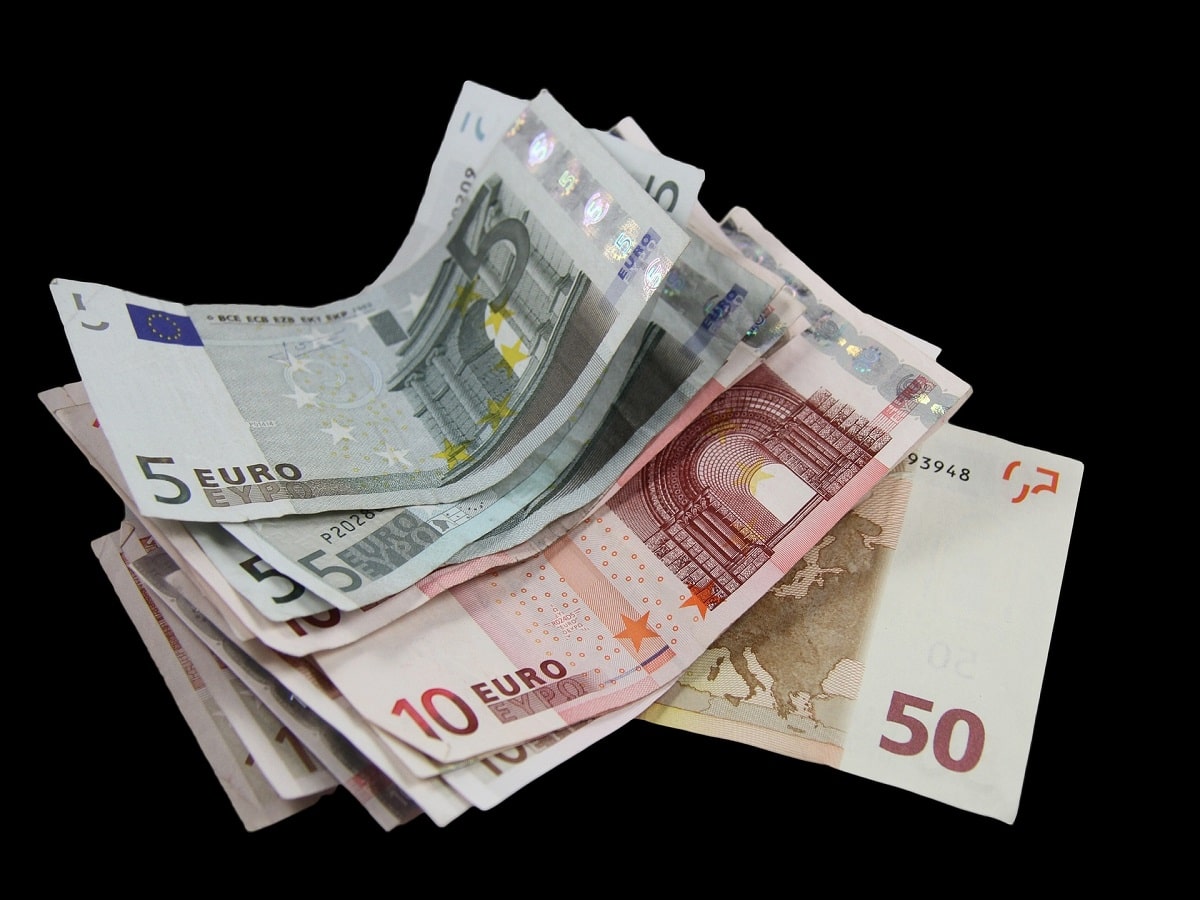
Another Grim Reminder Of Singapore’s Horrific Cannabis Laws

Another Grim Reminder Of Singapore’s Horrific Cannabis Laws
More and more people around the globe are taking part in new cannabis freedoms thanks to cannabis policies being reformed either by citizen initiatives or by legislative action. Every victory is worth celebrating each and every time.
However, there’s still a lot of reform work that needs to occur, with another very grim reminder coming this week in Singapore where a man was executed for doing nothing more than reportedly selling cannabis – something that is now legal in several jurisdictions for medical and/or adult-use. Per The Province:
A tweet from writer, researcher and community organizer Kokila Annamalai noted that confirmation had been received that the man was executed at Changi Prison after earlier being convicted of cannabis trafficking.
Many people who commented on Annamalai’s post voiced frustration.
“Killed for selling the plant my dad grows in his back garden in Canada,” one poster wrote. “I’m hoping that the rise of social media disrupts the Singaporean government’s media stranglehold on narrative and leads to real change,” added another.
Singapore law is such that selling cannabis results in an automatic death penalty. While it seems unclear exactly how much cannabis the person was caught selling, Singapore’s law has a threshold of 500 grams of cannabis. Anything above that and it’s an automatic death sentence.
From what it sounds like from some of the social media comments, the person that was executed was perhaps cultivating cannabis. If so, it doesn’t take much to get to the 500-gram limit. It is not uncommon for one plant to yield thousands of grams of cannabis if the grower knows what they are doing.
Per the reporting out of Singapore, the execution was the 6th for a drug offense just since late March. Singapore’s government has offered up several excuses for keeping its inhumane policies in place, however, none of them will ever be able to justify executing someone for doing nothing more than selling/cultivating a plant that is exponentially safer than alcohol.
Share article
Ticket Prices increase €200
On March 18th

Ticket Prices increase €200
On March 18th

Ticket Prices increase €200
On March 18th
Share article
Join Our Awesome Community
Join Our Awesome Community
Join Our Awesome
Community
Get all the latest industry news
delivered to your inbox





